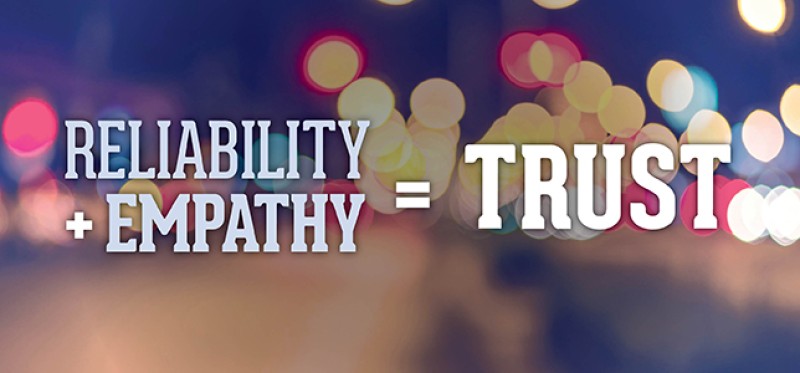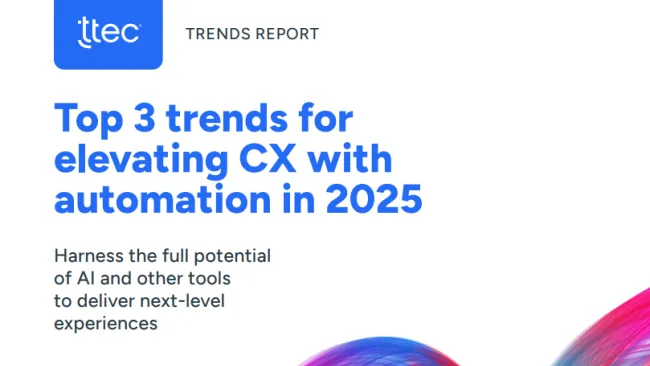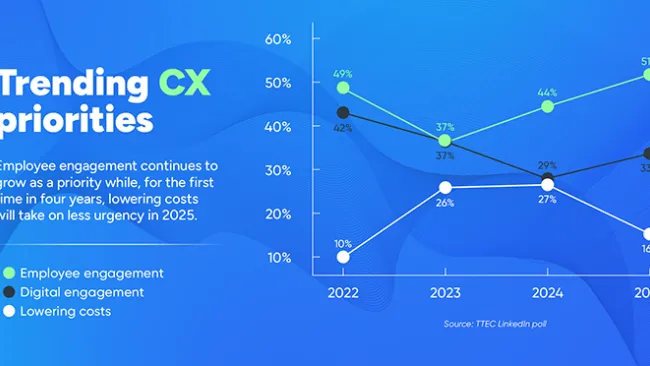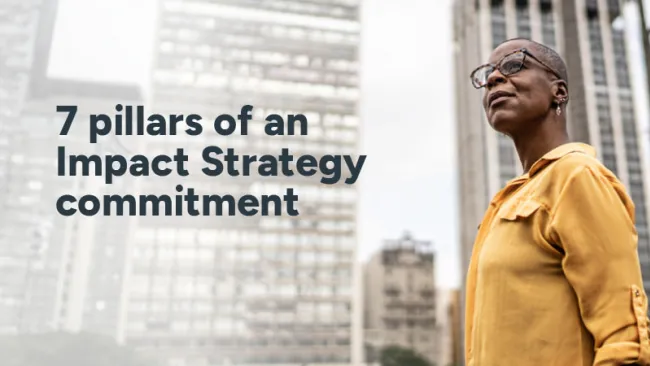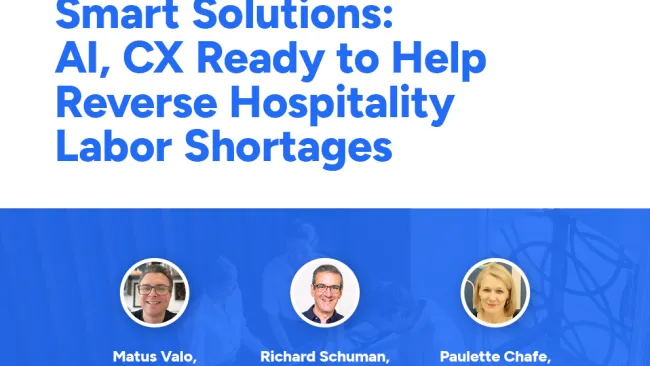We live in an age where ‘trust’ can be strengthened or eliminated very quickly.
As an example, Chipotle restaurants enjoyed a very loyal employee and customer base. Then Chipotle experienced several outbreaks of E.coli and salmonella last fall. Again in December, more bad news struck as 140 students at Boston College were struck by norovirus. These outbreaks led to unrelenting criticism from the media as well as the company’s loyal following. Trust was clearly shaken.
On February 8, Chipotle made the tough decision to shut down all of its 1,900 stores nationwide for a few hours to hold a national staff meeting about food safety. Chipotle used the day to discuss changes, answer questions, but also to thank their employees who were on the front lines working with their customers.
It’s too soon to tell whether closing the restaurants to answer safety questions will have any long-term effects on trust or customer loyalty, and Chipotle has since been subpoenaed as part of a federal criminal investigation into food safety at its restaurants nationwide. However, the decision they made shows the company wants a culture of engaged employees, and a trusting customer base. Their plans to put food safety ahead of profits was one demonstration of just how serious the company is taking this issue.
Zappos CEO Tony Hsieh, a recognized customer experience leader, says it all comes down to company culture. He’s built his shoe empire on the notion that a good brand is born out of a supportive company culture that celebrates achievements big and small, and trusts its employees to act in the brand’s best interests.
Sounds easy, right? Every company would surely want to claim a culture that fosters trust and loyalty! 1to1 Media’s recent employee engagement survey, which asked 511 consumers about their motivations, productivity, and praise at work shows us that it is not that easy. The survey shined a light on the need for improvement in company measures with only 50 percent of respondents feeling that their opinion counts at work, and only 48 percent say there’s care and concern from their employer for their wellbeing.
Basically, it all comes down to this simple equation: A great company culture breeds happy people. Those happy people become engaged employees. Engaged employees equal an organization’s customer advocates. Customer advocates lead to loyalty and growth. But getting there isn’t always that simple.
There are many examples of this working in the marketplace. Take online retailer Zulily, where a customer care associate made a surprising, and very kind, act that became a viral internet sensation. A customer ordered a new winter coat in the fall from the retailer. When she opened the package she discovered she didn’t care for the coarse fabric.
Zulily has no return policy, but she decided to contact customer service anyway to see what she should do about her item. The associate, named Patrick, granted her a refund and then he also did something surprising. He suggested that she not send it back, but instead donate it to charity or give it to someone in need.
Zulily executive Maureen Shea leads the brand’s customer service team and told Cosmopolitan.com in an email that this is a direct result of the company’s ultimate goal: to deliver an exceptional customer experience. “In an instance, such as this, when a customer reaches out to my team, we want to make sure that we do our best to have the customer leave with a positive interaction and experience with our brand," Shea said.
In this case, the act of suggesting the customer donate the coat was the result of culture. Acting in the best interest of the customer at Zulily is likely engrained into employees’ DNA, and what the employee was focused on achieving. While this simple act meant a lot to the customer, it likely impacted the business even more. The customer took to social media and the viral nature of the story had people everywhere uttering the name “Zulily,” which until many people saw the story in their Facebook feed, probably hadn’t heard of the brand.
So I’d suggest that employers listen closely. Engagement requires fulfillment in one’s job and transparency from executives. It involves a top-down commitment from executive leaders who walk the walk, and managers who drive the company’s employee strategies day-in and day-out. Companies that put these two things in place will empower their employees to make decisions that positively affect the lives of their customers. Ultimately, the trust that is established creates happy, engaged employees and customers, and a corresponding better business result.
Also, check out the most recent issue of our eNewsletter.
Employee Engagement Relies on This Simple Equation
